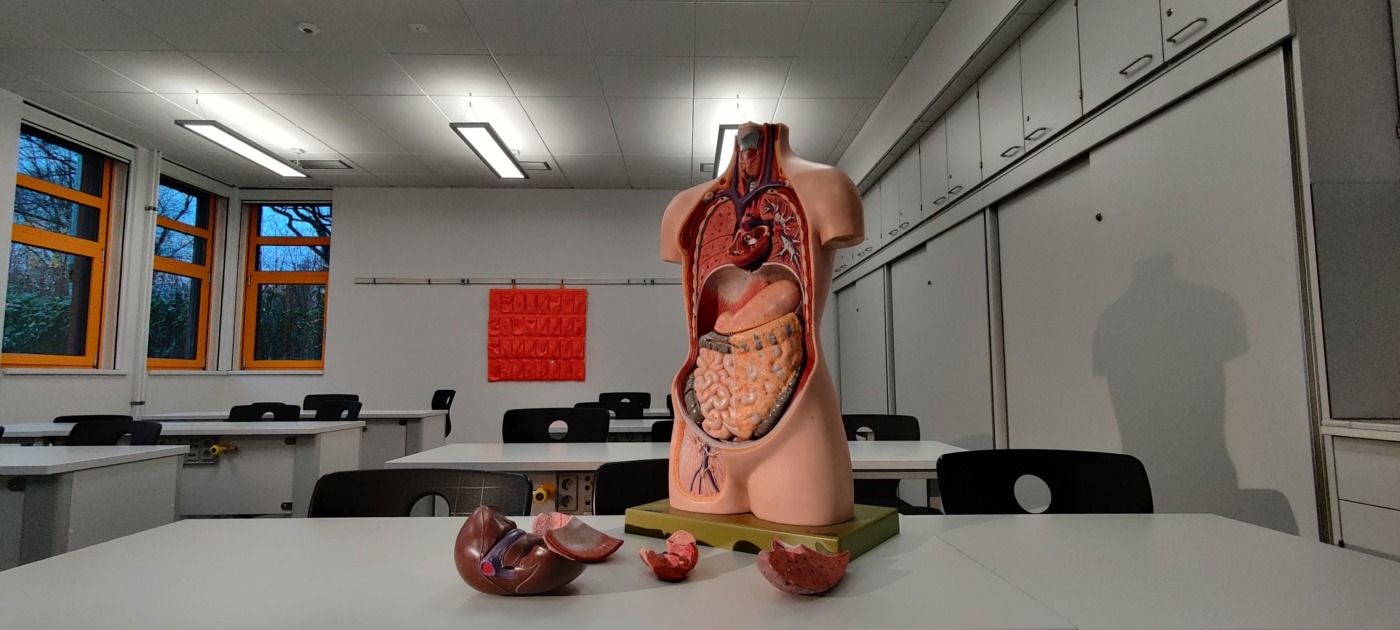A take on DIY smear kits
There are about 3,200 new cervical cancer cases in the UK every year. Smear tests for those with a cervix, are designed to detect any abnormal cells. Despite the importance of the test, given that one in 20 women’s results come back as abnormal, embarrassment is one of the main reasons women avoid or are reluctant to get treated. With the pandemic and Covid-19, people are now even more reluctant to attend screenings in fear of catching the virus.
Ovarian, vulval, vaginal and womb cancer awareness is low and misguided
Regardless of these recent fears, with 1 in 2000 abnormal results being cervical cancer, campaigns online, along with influencers are pushing to encourage individuals aged 25-65 to get this necessary preventative health care. Ovarian, vulval, vaginal and womb cancer awareness is low and misguided is the assumption that smear tests are only detecting cervical cancer as regular screenings can often recognise these diseases early on.
Influencer Zoe Sugg documented herself getting a smear test in mid-2019 in order to invigorate individuals to ‘feel a little more at ease’. Dispelling misconceptions about pain and educating people on the process is reassuring for those embarrassed by it. As every woman in the age bracket needs a medical practitioner to do an important job, it is important to put mind over matter: medical practioners see the process as simply dealing with anatomy, and nothing more. Attendance figures have always been low and have dipped again in 2018.
Over 30,000 in London have been offered the DIY smear test
After what was widely known as the ‘Jade Goody effect’ in 2009 there was a surge of panic and thus attendance in screenings resulting from the reality star’s death from cervical cancer at 27. Do we have to wait for another public death for us to forget our embarrassment and take the test? It is a cause for concern when one in four women do not attend cervical screenings: it questions the consciousness of women’s bodies in our society, and why women have a deep reluctance to attend appointments. Factors such as fear of judgement, and self-consciousness over one’s genitals play into this reluctance to the point where fear superscedes the importance of being checked, despite the appointments being efficiently 10 minutes.
There is now a trial opportunity for at-home testing kits in the UK issued by the NHS, similar to at-home Covid-19 tests. Over 30,000 in London have been offered the DIY smear test with the hopes of aiding those who still are reluctant to attend in-person screenings still catch early signs of HPV. Despite a potential risk of missing some things, those ordering the tests are likely to have not attended an appointment at all, therefore meaning that more information will be collected and prevent more cases overall.
It will be quicker to detect cancers and receive earlier treatment
However, it is important to note that these DIY kits, if after the trial ends and it’s decided that tests will be made permanently available to order, cannot detect pre-cancerous cells, so in-person testing is still advised. Any positive results from an at-home kit will result in attending a GP appointment to receive a smear test. This introduction of DIY testing simply meaning it will be quicker to detect cancers and receive earlier treatment but they should not be considered a replacement for the vital screenings.
These kits will miss things, hence the trial until December 2021. The discussion around at-home kits, however, fuels conversation around dispelling embarrassments and anxiety about body image and odour of the vagina; both of which are unimportant to medical professionals who care only about your health. Does this introduction of at-home testing, which for now includes, Covid-19 and HPV, offer insight into a future of mass DIY kits that would be available to order for any condition such as kidney disease and diabetes?

Comments